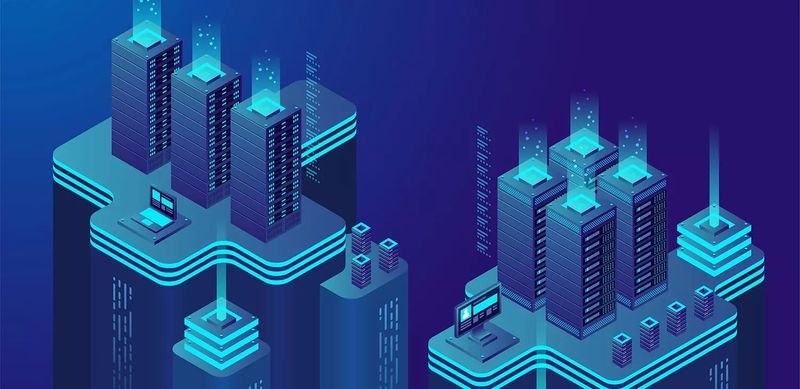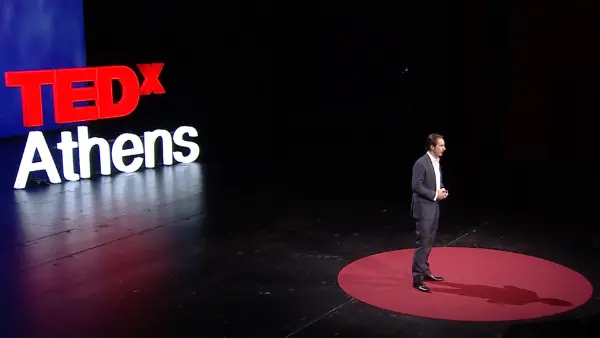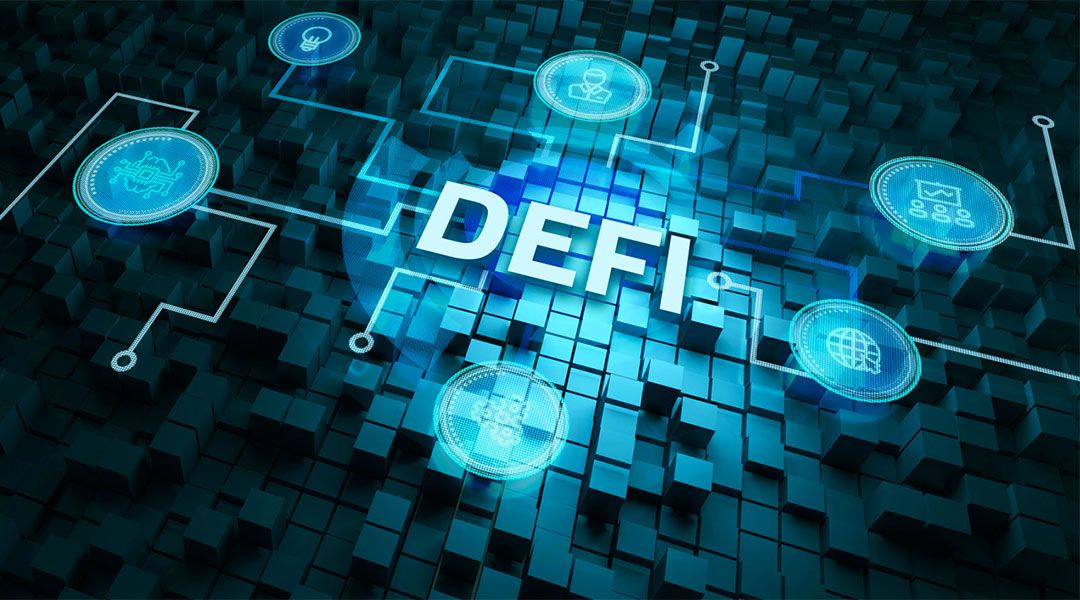How Blockchain Will Change Organisation Design

Organisations adopting blockchain technologies can be viewed as Human-Machine Networks (HMNs), where combinations of humans and machines interact with each other. The more an organisation moves towards a ‘Decentralised Autonomous Organisation’ (DAO) design, the more efficient and autonomous it will become. Ultimately, organisations can operate completely independently using a distributed ledger technology, a combination of smart contracts, connected devices, analytics and of course data.
Within such futuristic organisation, interactions between stakeholders will be guided purely by autonomous software. A DAO is run by immutable code under the sole control of a set of irreversible business rules. As such, a DAO will have different actors from today’s organisations. It will create a fundamentally new organisational structure. After all, a DAO is a self-organising framework that uses automated decision-making based on consensus in which actors interact with each other without the need to trust each other.
A Change in Power and Data Governance
As a result, within a DAO there is no traditional organisational hierarchy since hierarchy is determined by ownership (i.e. how trusted an actor is as well as the merits earned by that actor as a result of behaviour). This change in organisational structure affects the balance of power. In traditional organisations, power is distributed either by hierarchy or by knowledge. Often these are related; the higher up the hierarchy, the more information you have and the more power you have within the organisation.
Within a decentralised autonomous organisation, power is distributed differently. Power is determined by the number of tokens an actor owns, an actor’s trust level, and their achieved merits. This will shift the power balance within an organisation from a hierarchical structure to a distributed structure, thereby affecting the governance structure. The reason being is that blockchain removes the need for trust in the absence of a centralised governing body. It, therefore, follows that any organisation developing DApps, and especially a DAO, should have a strong focus on data governance.
After all, only data authenticity can be ensured; reliability and accuracy cannot. Therefore, an organisation embedding blockchain technology requires extensive data governance processes that ensure data reliability and accuracy. With Blockchain, it becomes possible to embed data governance directly within the network, bringing the code to the data. Laws and regulations can be programmed into the code, so that they are enforced automatically, which makes governance easier. Hence, the ledger can act as legal evidence for data and increase the importance of data ownership, data transparency, and auditability.
Blockchain Affects Organisation Design
Although the number of DAOs being developed has grown rapidly in recent months, it is still far away for a traditional organisation to turn into a DAO. Nevertheless, the moment an organisation incorporates blockchain, it will affect organisation design. Blockchain technology and smart contracts will enable decentralised and/or autonomous organisations. These forms differ from past discussions on decentralised and autonomous organisations (see Table 1), in which decentralisation and autonomy were achieved by re-organising human interactions and decision-making.
|
|
Traditional Decentralised Organisations | New Decentralised Autonomous Organisations |
|
Trust |
Experience and relationships | Cryptography |
| Decision-making |
Expertise and seniority |
Automatically using smart contracts |
| Governance | Established by a board of directors |
Embedded in the code |
Table 1: Traditional and New Decentralised Organisations
Within traditional decentralised and autonomous organisations, trust is created by experience and forging relationships, decision-making is based on expertise and seniority, and governance is established by a board of directors. Thanks to blockchain and smart contracts, a decentralised organisation can be defined as an organisation that uses consensus mechanisms and cryptographic primitives to ensure trust among actors, who are decentralised across time and space. An autonomous organisation is an organisation that is run completely by immutable code, in which decision-making is automated using smart contracts and governance is embedded in the code. A decentralised organisation does not have to be autonomous, but an autonomous organisation has to be decentralised.
Final Thoughts
When organisations start using smart contracts that are deployed on a blockchain, they move towards becoming a DAO in which actors of all kinds self-organise to create value. Governance, whether implemented within the code or ensured through the right processes, is vital because of the irrevocability of the code.
Overall, Blockchain offers tremendous opportunity for organisations to create value, develop new products and services, automate strategic decision-making and reduce intermediaries, resulting in new, exotic, forms of organisation design that might very well change how we interact with them.
Image: Ico Maker/Shutterstock







